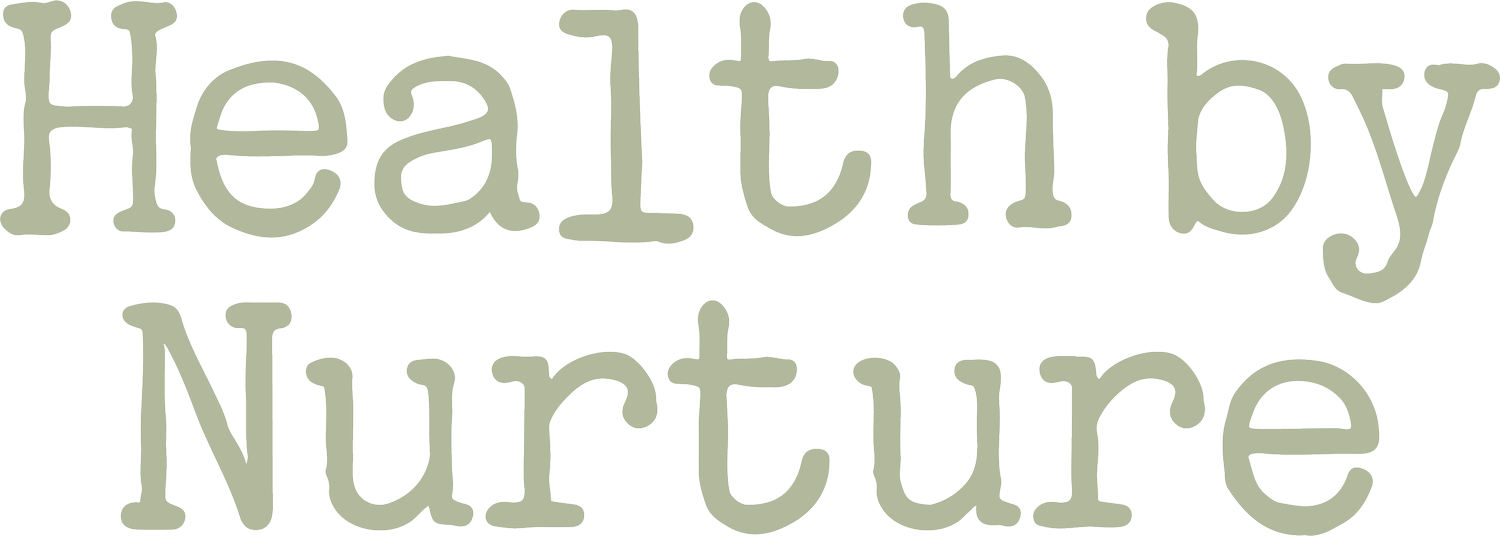Dry July: A Sober Look at Alcohol and Mental Health By Dr. Sanet Du Plessis
Alcohol free doesn’t mean taste free.
As we step into Dry July, a month dedicated to cancer awareness and abstaining from alcohol, it's an opportune time to discuss the broader implications of alcohol on our health, specifically its impact on mental well-being. At Health by Nurture, we are committed to holistic health approaches that consider all aspects of our patients' lifestyles, including alcohol consumption.
The Dual Impact of Alcohol
Alcohol, while often seen as a social lubricant, is fundamentally a depressant. It affects the central nervous system, slowing brain functions and altering mood, behavior, and cognitive processes. This suppression leads to the temporary relaxation many seek; however, it also depletes chemicals vital for maintaining mental health, reducing natural anxiety control, and impairing emotional regulation.
Understanding the Risks
The relationship between alcohol and mood disorders is particularly concerning. Regular consumption can lead to an imbalance in the brain's chemistry, contributing to and exacerbating symptoms of depression and anxiety. It's a cyclical dilemma where individuals might drink to relieve stress or escape problems, yet this very act compounds these issues over time.
The Phenomenon of 'Hangxiety'
Many of us are familiar with the term 'hangxiety', that heightened anxiety felt after drinking. While not a clinical diagnosis, it's a stark reminder of how alcohol disrupts our mental equilibrium. The relaxation felt while drinking masks the turmoil that follows, often exacerbating feelings of anxiety and worry.
Alcohol's Role in Suicidal Behaviors
Alarmingly, alcohol use increases the risk of suicide. It impairs judgment and lowers inhibitions, making impulsive and potentially life-threatening decisions more likely. This risk underscores the need for careful management of alcohol intake, particularly among those with existing mental health challenges.
Promoting Healthy Coping Mechanisms
During Dry July, we encourage exploring healthier ways to manage stress and emotional discomfort:
Engage in regular physical activity
Maintain a balanced diet
Prioritize restful sleep
Practice mindfulness or meditation
Foster meaningful social connections
Reducing Alcohol Intake
Adhering to the Australian Alcohol Guidelines, which recommend no more than 10 standard drinks per week and no more than 4 on any day, can significantly reduce alcohol-related harm. For those in mental health treatment or on medication, discussing alcohol use with healthcare providers is crucial to avoid adverse interactions and ensure the effectiveness of treatments.
Take the Challenge
Dry July is not just about abstaining; it's about reflection and making informed choices for your long-term health. Whether it's to support cancer awareness or to reset your own health, taking a break from alcohol can provide insights into its role in your life and its effects on your mental and physical well-being.
Join us in Dry July and take a step towards better health. If you're struggling with alcohol or its impact on your life, don't hesitate to reach out for support. Our doors are always open to help you navigate these challenges and develop healthier habits for a happier, more fulfilled life.


